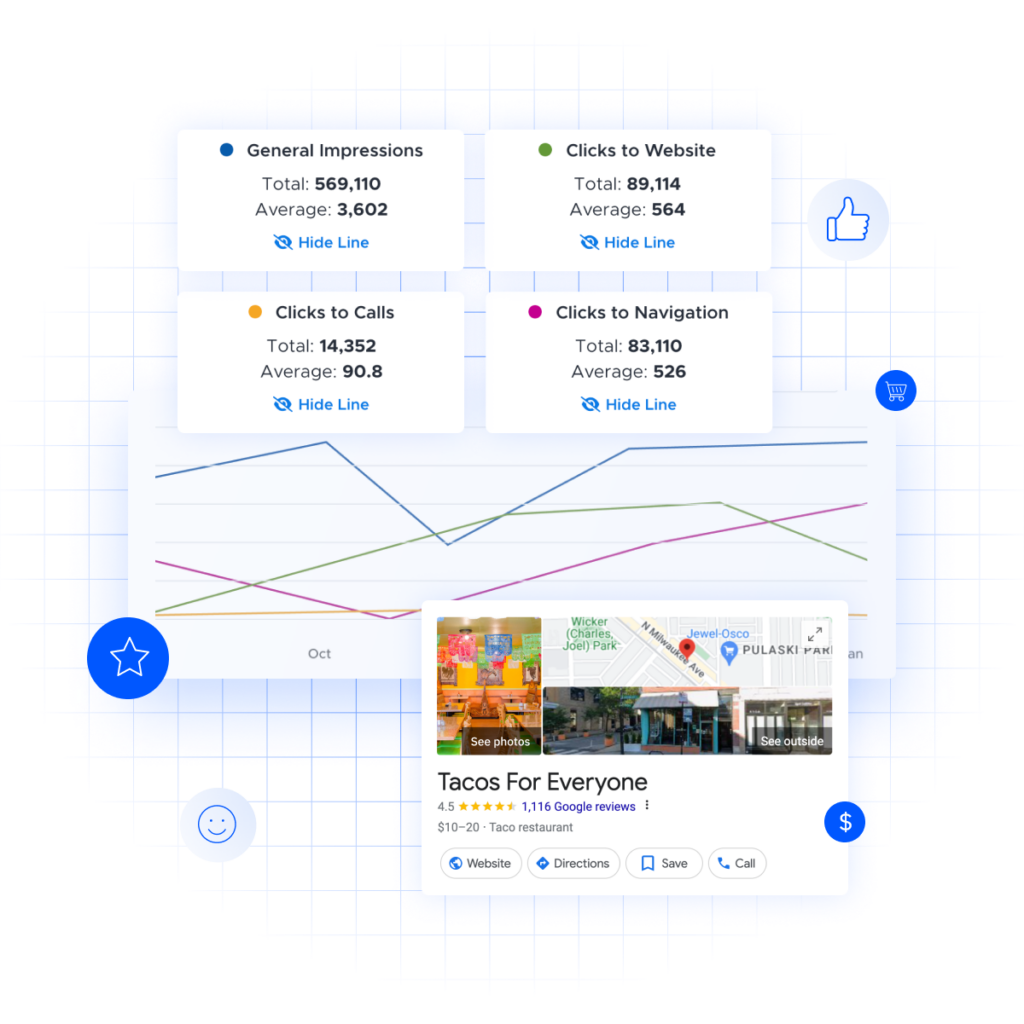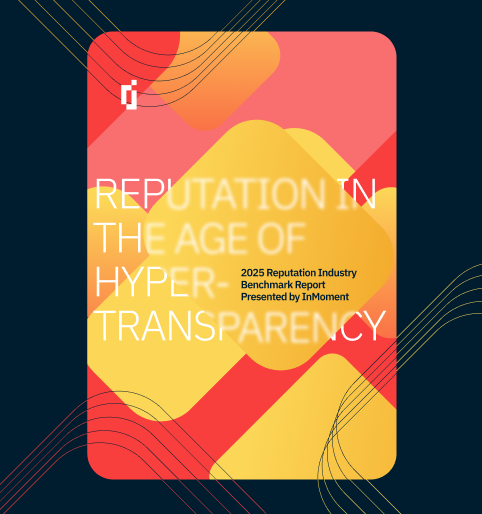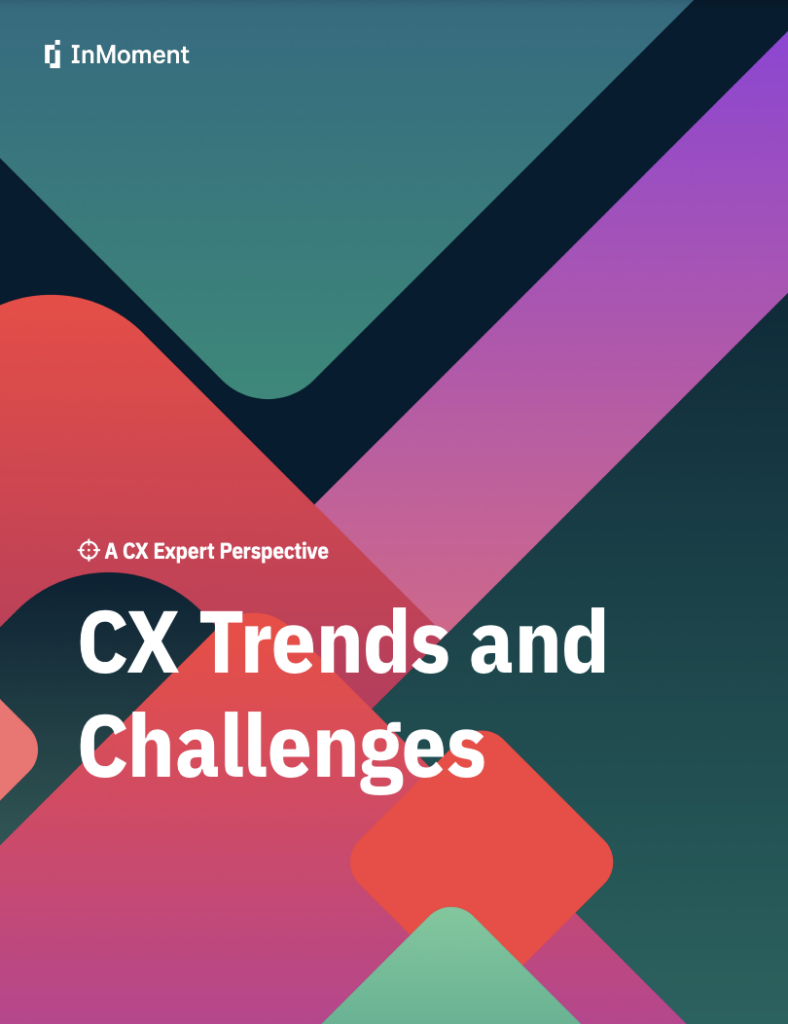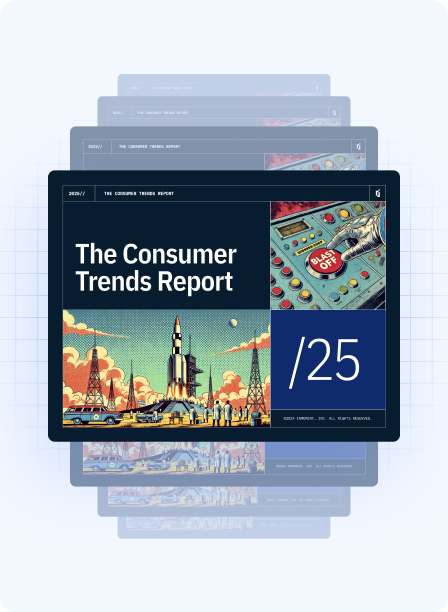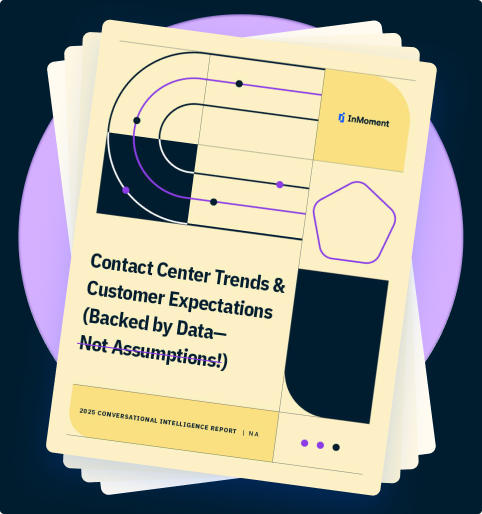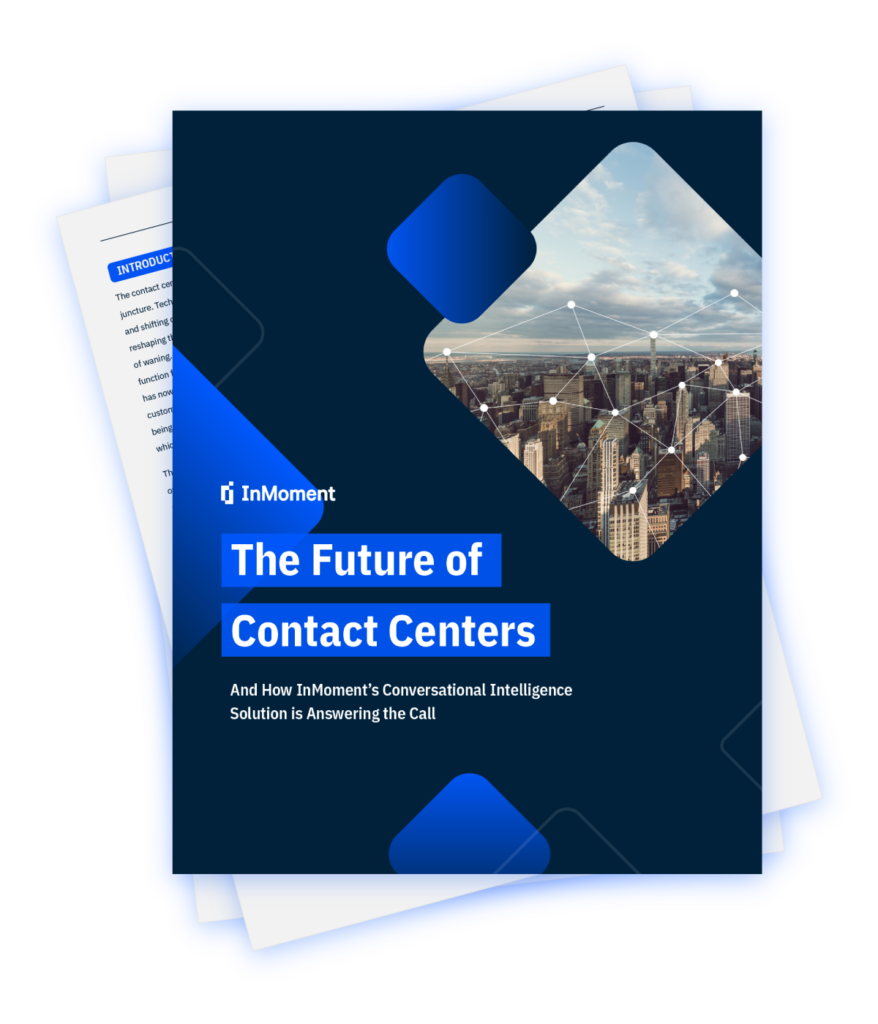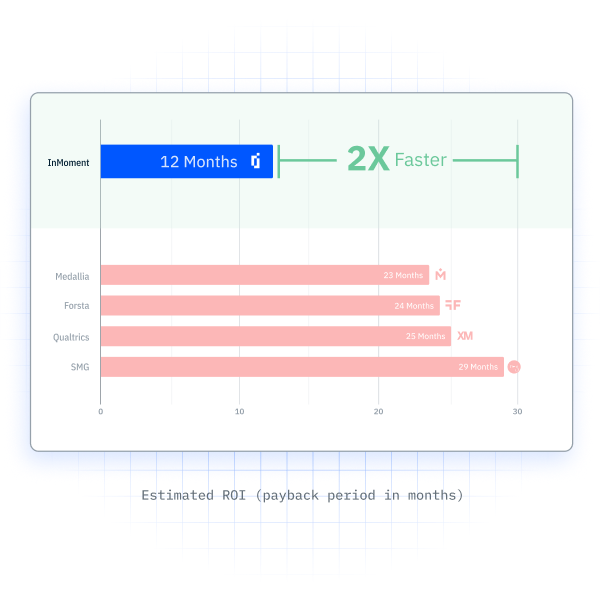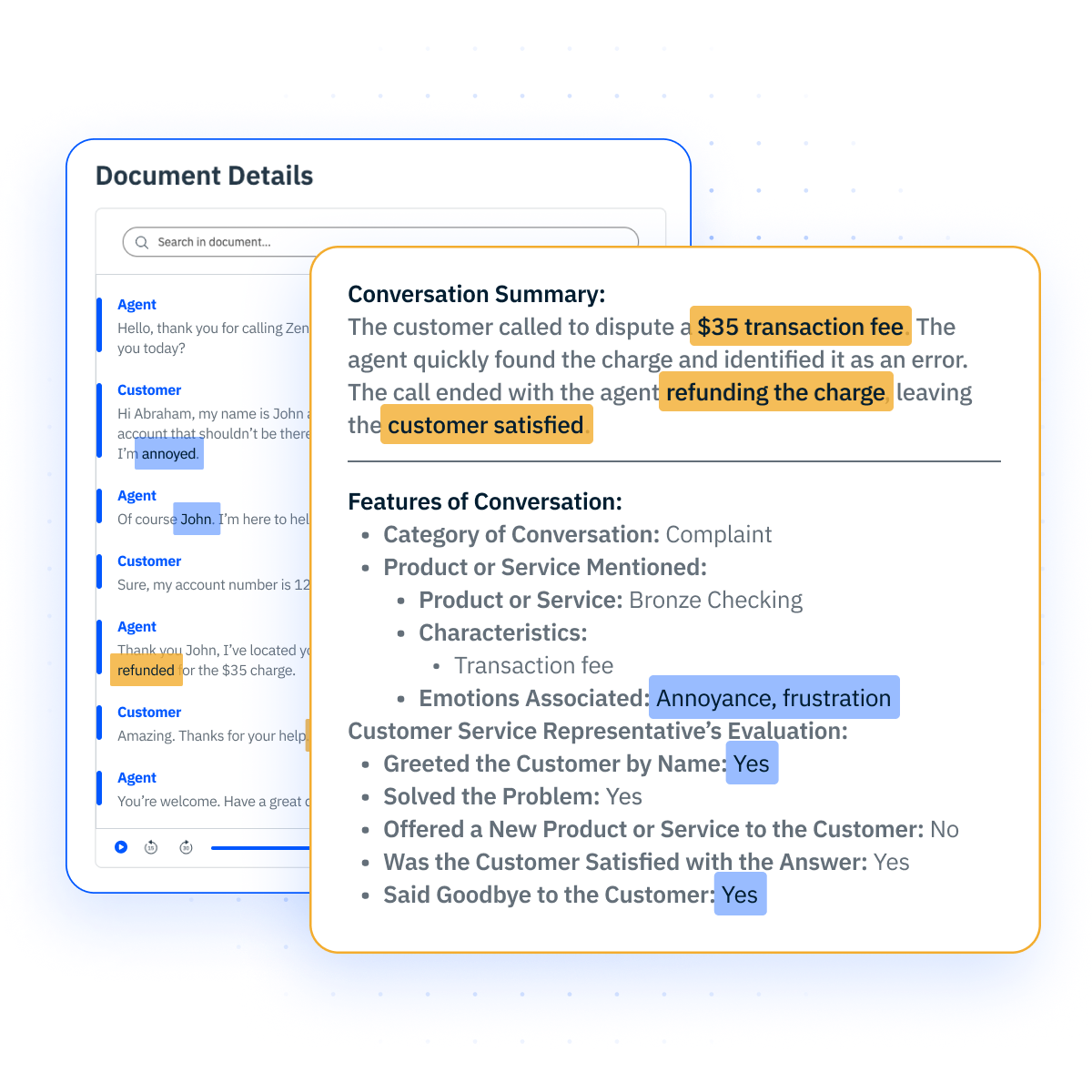AI for Reputation Management: Benefits, Use Cases, and Considerations
See how AI is revolutionizing brand reputation management through automation, predictive analytics, and smarter customer engagement tools.
Reputation is one of the most valuable assets for a business, especially in a world where a single misstep results in an online wildfire of negative sentiment. A 2025 study from Bright Local suggests that up to 98% of consumers read reviews before making a purchase, while 89% expect businesses to respond to all types of reviews.
As a result, it’s essential to monitor and manage your brand reputation, engage with customers, and understand the competitive landscape.. Even though this is easier said than done, artificial intelligence (AI) offers a handy solution for scaling your reputation strategy, making it more efficient, more consistent, and tailored to each customer interaction without overwhelming your team.
Benefits of Using AI for Reputation Management
Your brand’s reputation is shaped in real time. From Google reviews to social media threads, there’s a lot of ground to cover.
Traditional reputation management methods simply can’t keep pace with today’s always-on customer engagement. To meet rising expectations, businesses need to streamline their efforts, automate the right touchpoints, and surface actionable insights faster than ever before.
That’s where AI-powered reputation management comes in. From highly personalized review responses to large-scale sentiment analysis, AI is transforming how companies safeguard and strengthen their brand image. Here are five powerful benefits for your business:
Faster customer engagement
AI-powered reputation management tools automatically aggregate reviews no matter what review site they’re published on and suggest personalized, on-brand replies to customer comments. Centralizing your reviews in one place empowers teams across locations to collaborate more effectively, while leveraging AI to craft responses enables faster customer engagement.
Whether it’s thanking a satisfied customer or addressing a concern, businesses can maintain a high level of responsiveness without overloading their teams. This kind of speed makes customers feel heard and valued, which explains why responding to feedback within 24-48 hours boosts customer retention by 8.5%.
Sentiment analysis at scale
AI can detect tone and sentiment across thousands of reviews, social media comments, and other CX signals, helping you uncover patterns, themes, and trends that would be difficult for human teams to spot. With this level of insight, businesses can make smarter decisions and respond to customer needs more effectively. .
For instance, InMoment’s core NLP engine boosts time-to-value for businesses with low-latency text mining that processes over five social media posts per second. This kind of large-scale analysis is one of the most powerful outcomes of using AI in customer experience, as it provides a complete view of trending customer sentiment.
Targeted competitor intelligence
AI tools also analyze other companies’ reviews and sentiment trends to provide competitive insights. This intelligence helps brands benchmark their performance and uncover strategic opportunities. For example, if a competitor is receiving negative feedback about support, your brand can double down on showcasing responsiveness in marketing campaigns to stand out.
Cost efficiency and automation
The automation capabilities of AI-powered systems help reduce manual workload by handling routine, repetitive tasks. This allows smaller teams to scale their efforts and frees up internal resources to focus on high-value priorities like strategies to acquire and retain customers. The result is a leaner and smarter reputation management program that prioritizes customer satisfaction without hurting operational efficiency.
Improved personalization efforts
AI enables tailored responses to reviews by analyzing sentiment and context. Instead of relying on generic replies, your brand can deliver thoughtful, relevant messages that feel personal and authentic. This level of personalization deepens connections, strengthens trust, and builds long-term loyalty.
How Is AI Being Used to Enhance Reputation Management?
Reputation management used to be a reactive practice, with brands waiting days or even weeks to engage with reviews, and often after their star rating began to decline. In today’s world, where consumers discover brands through online searches and by comparing ratings and reviews, the speed and scale of online interactions require a new approach.
AI-powered reputation management tools bring structure to the chaos by monitoring customer feedback in real time and flagging negative comments before it escalates into a crisis. Here’s how businesses are using AI to streamline their online reputation management strategy:
1. Social Media Listening and Monitoring
Social media is where brand perception spreads as customers often share their experiences,. Customers take to these platforms to share experiences, tag brands in complaints, and spark conversations that can quickly go viral.
AI-powered social listening tools can analyze brand mentions, competitors, and emotional tone across platforms like LinkedIn, X (formerly Twitter), Facebook, Instagram, and TikTok. These tools surface real-time insights, helping brands understand how audiences feel and why
This level of comprehensive digital listening helps businesses ahead of negative reviews and make immediate customer experience (CX) improvements.
2. Review Analysis
Online reviews are one of the most influential sources of customer feedback. With thousands of reviews pouring in across sites like Yelp and Google, it’s nearly impossible to catch every insight manually.
AI simplifies the process by analyzing review content at scale. It identifies recurring themes, flags sentiment shifts, and separates isolated complaints from broader issues, allowing brands to prioritize the most urgent concerns.
For example, if a restaurant chain notices repeated mentions of “wait time” and “cold food” across several locations, a tool like InMoment’s customizable text analytics solution can effortlessly detect those themes.
The result? A smarter, more responsive feedback loop that helps brands prioritize improvements and act on customer insights faster.
3. Crisis Detection and Early Warning Systems
By the time a reputational issue becomes a headline, it’s already too late. That’s why early detection is key.
AI-powered monitoring tools help businesses stay ahead by identifying unusual spikes in negative sentiment or engagement that may signal brewing issues. These systems continuously scan feedback across channels, surfacing red flags in real time.
This early visibility makes crisis management more proactive than reactive. With brands able to craft tailored messaging ahead of time, disgruntled customers are less likely to escalate since they see their concerns being taken seriously right away.
4. Competitor Reputation Benchmarking
Since your reputation doesn’t exist in a vacuum, keeping tabs on how competitors are perceived is just as important as monitoring your own brand.
Competitor analysis is the process of monitoring your competitors’ brand mentions to understand how their reputation is performing compared to yours. Social listening is helpful here since you can feed it competitor-specific tags, enabling it to analyze reviews and sentiment trends for other companies in your niche.
For example, let’s say your customer satisfaction scores are strong, but competitor reviews consistently highlight faster service. This outcome signals a need to adjust your own product experiences and messaging so that you can close the service speed gap with your competitor.
With this level of analysis, you can turn social media monitoring into a scalable strategic advantage. Instead of chasing rankings, the AI-driven insights help focus on customer priorities, ensuring you continue to outperform competitors in the moments that matter.
5. Speed to Engage with Customers
Timely engagement makes all the difference for customer loyalty. According to InMoment’s 2024 Market Pulse report, responding to customer feedback within 24-48 hours boosts retention by 8.5%.
AI makes it possible to respond at scale without sacrificing quality. It analyzes review content, customer history, and brand voice guidelines to gather the necessary context for thoughtful and personalized responses.
For example, InMoment’s Active Listening™ leverages generative AI to produce contextually relevant responses that make customers feel heard and valued. As a result, it eliminates the need to respond manually, helping teams focus on closing the loop instead of writing reviews from scratch.
Considerations for Using AI in Reputation Management
While AI brings speed and structure to reputation management, it’s not quite a plug-and-play solution. Businesses still need to implement the technology in a thoughtful manner to generate real value and meet their CX management goals. Here are three critical factors to keep in mind:
Human Oversight
AI can analyze data and generate responses at scale but it still needs people to define the rules, set the tone, and ensure the output aligns with brand values.
Human teams play a critical role in shaping how AI operates: writing prompt guidelines, setting response parameters, and reviewing results to make sure they hit the right note. Without this input, AI risks producing generic or off-brand replies that could harm customer trust.
In reputation management, with the right human guidance, AI becomes a powerful tool for delivering consistent, thoughtful, and on-brand customer engagement.
Brand Voice and Consistency
AI is only as effective as the guidance it’s given. To maintain a consistent brand voice across every customer touchpoint, it’s essential to train your AI tools using your company’s tone, style, and messaging standards.
This means being descriptive about how your brand communicates. Providing examples, approved phrases, and clear do’s and don’ts gives AI the context it needs to generate responses that sound like they came from a real team member.
The stronger the guidance, the more natural, aligned, and trustworthy the AI’s output will feel to your customers.
Integration with Existing Systems
A powerful AI tool that operates in a silo won’t move the needle. Maximize impact by investing in an AI-powered reputation management tool that integrates smoothly with existing systems, such as CRM and CX management solutions.
When everything works together, you gain a complete view of customer sentiment. For instance, InMoment’s CX integrations ensure businesses automate smarter and respond faster by connecting customer insights with every enterprise system. These integrations reduce context-switching, streamline workflows, and improve team efficiency across the board.
When your AI solution fits neatly into the systems already in place, your team will be able to deliver better experiences without running into frequent obstacles.
Manage Your Online Reputation Smarter with InMoment
Managing a brand’s reputation in our digital world requires more than a reactive approach. AI-powered tools offer the speed and comprehensive analysis necessary to understand public perception and engage with customers in real time across every major platform and touchpoint.
InMoment’s intelligent reputation management solution helps you do all of that and more. It applies advanced machine learning to analyze customer feedback, automate review responses, and surface the insights that matter most.
Whether you’re tracking online reviews, benchmarking against competitors, or responding to a crisis in progress, InMoment gives you what you need to protect and elevate your brand image.
Schedule a demo today to see how you can start building a smarter reputation management strategy!
